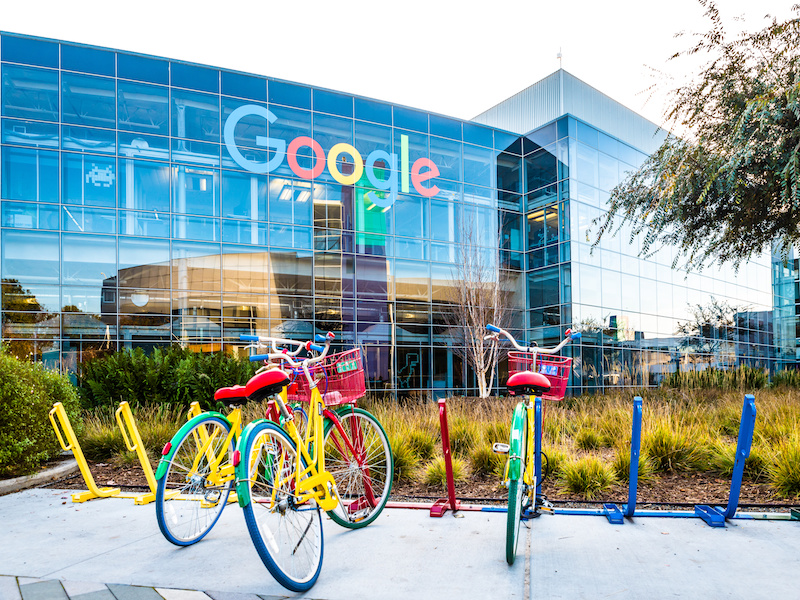

A group of more than 80 global investment managers with a combined $10 trillion in assets under management is calling on Alphabet Inc. to implement board-level oversight for human rights risks.
The Investor Alliance for Human Rights, which includes co-filers Hermes Investment Management, Loring, Wolcott and Coolidge, Robeco and Canadian responsible investing firm NEI Investments, is advancing a shareholder resolution for Google’s parent company to establish a human rights risk oversight committee. Shareholders will vote on the resolution at Alphabet’s annual general meeting on Wednesday. Proxy advisory firms Institutional Shareholder Services Inc. and Glass, Lewis & Co. have voiced their support for the resolution.
Read: What’s the role of the proxy advisor as rules shift?
The resolution noted that Alphabet’s products and services have “transformed our daily lives and the global economy,” but pose human rights risks around the proliferation of digital surveillance and privacy violations. They also have demonstrated the potential to exacerbate existing biases, facilitate the dissemination of disinformation and allow for harassment, hate speech and incitements of violence.
“[Alphabet’s] very business model itself is so intertwined with human rights risk and we’ve seen what those are — around . . . right to privacy, freedom of expression, impact on elections, all these issues are coming together and that’s why this ask is so relevant for the company,” says Jamie Bonham, director of corporate engagement at NEI Investments.
If the company faces enough consumer and regulatory backlash to its handling of human rights issues, he says, it “opens up the door for somebody to do it well and to earn that trust and to become the next Google. I wouldn’t discount the possibility of that happening.”
In Alphabet’s response to the resolution, it highlighted its artificial intelligence principles that incorporate human rights commitments and a dedication to making “responsible progress” in the development of the technology. It also noted it commissioned a formal human rights impact assessment in 2019 in collaboration with independent experts.
Read: NZ pension funds pushing for change at Facebook, Google and Twitter
As well, it said its board of directors and existing committees hold “regular assessments on a variety of topics, including the potential impacts of our products and services on human rights.” The audit committee also has authority over data privacy, noted Alphabet.
Bonham says those mechanisms fall short of the oversight investors are looking for. “Yes, they have some of that language in there for their audit committee and the general board, but none is near as specific as it needs to be if they’re following anything close to best practices around managing human rights impacts.
“What we’re hoping for from the company is that, as a systemic player, somebody who has influence far beyond what most companies do, their response needs to be just as robust and leading edge as what their technology is. Having a board committee with this explicit mandate . . . is very different than an agenda item on what is otherwise a very full agenda for the audit committee.”
Bonham expects technology companies like Alphabet to become larger and broader in reach after the coronavirus pandemic. “That only screams for even more oversight of these issues than previously. That’s something we should all be thinking about . . . the degree to which these companies have been able to really insinuate themselves into our lives in a more thorough way. If anything, we need an even better lens on human rights going forward.”
Read: Technology companies and integration with ESG a concern for investors
While Google founders Larry Page and Sergey Brin hold the majority of voting rights, Bonham says the group is hoping and expects to get strong support from Alphabet’s independent shareholders.
The Investor Alliance for Human Rights has been unsuccessful to date in setting up a meeting with Alphabet’s board to discuss the company’s human rights risks. Bonham says the group will continue to lobby for a dialogue around these issues. “We are shareholders, we own these companies, but we can also make money and this is about a material business risk that is going to impact a critical investment for us.
“We think the best way forward is through that recommendation. The company may have some other take that might not meet this exact ask but is a robust response — we wouldn’t know, because they haven’t been open to that dialogue.”
